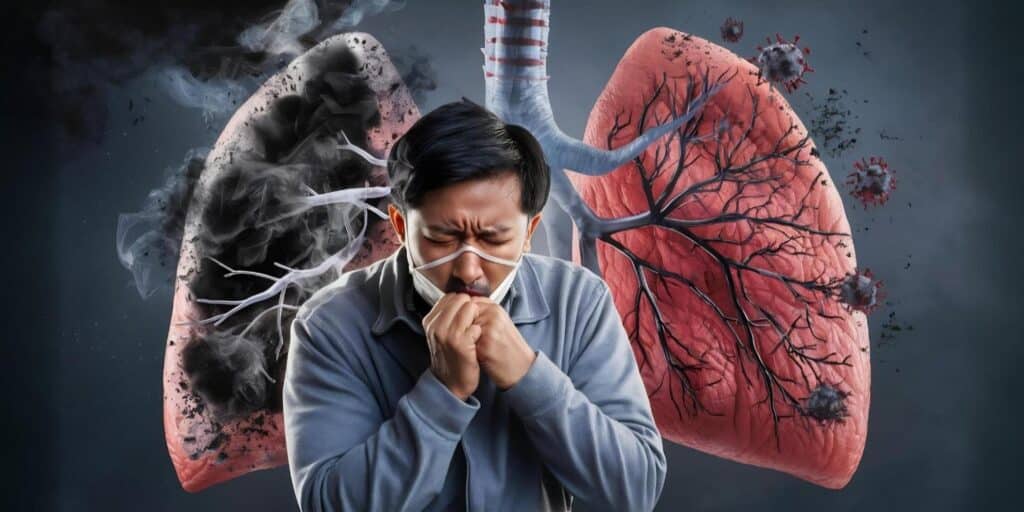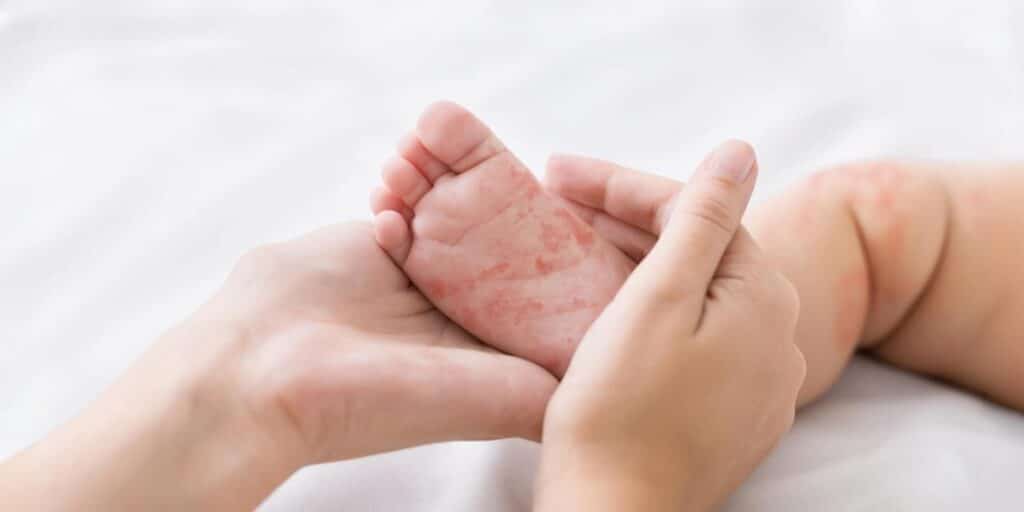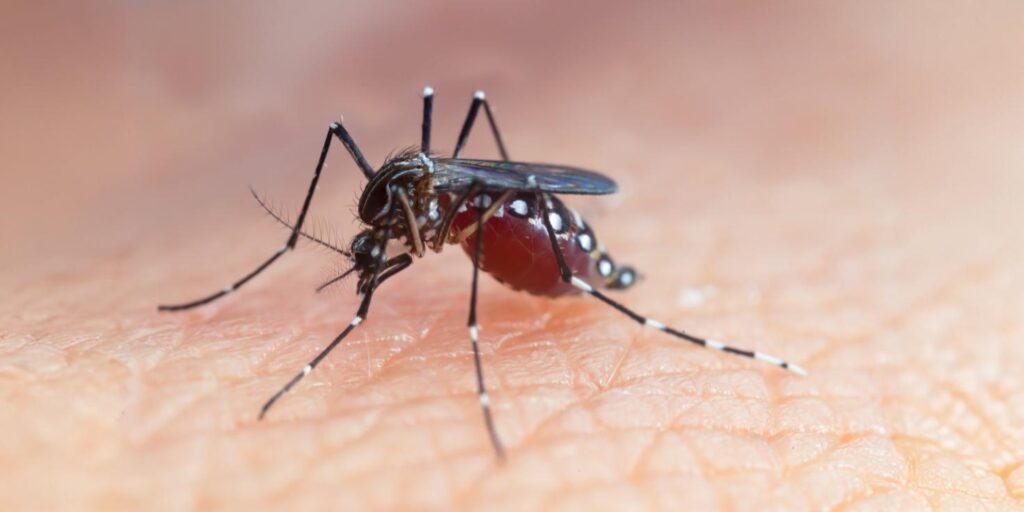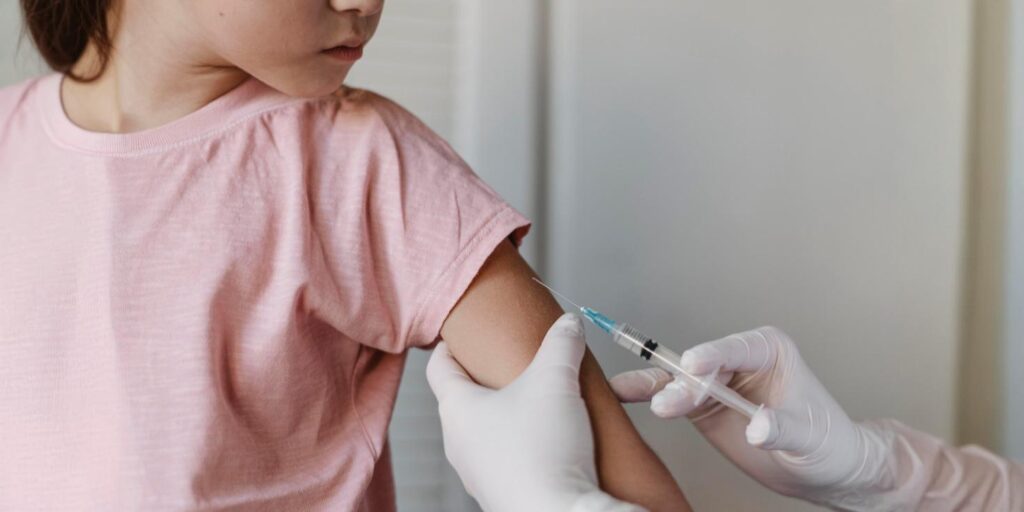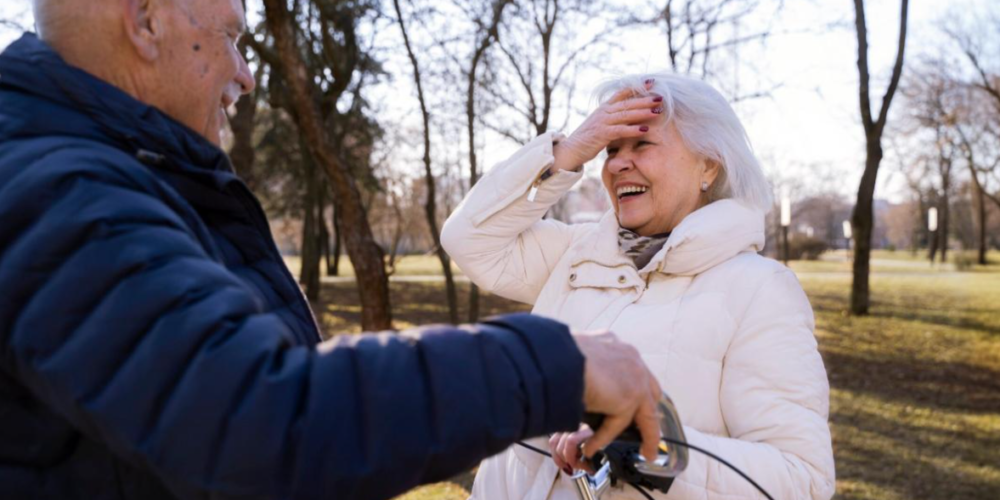Latest
Mental health: The silent pandemic we are grappling with
Author
Author
- admin / 12 months

- 0
- 3 min read
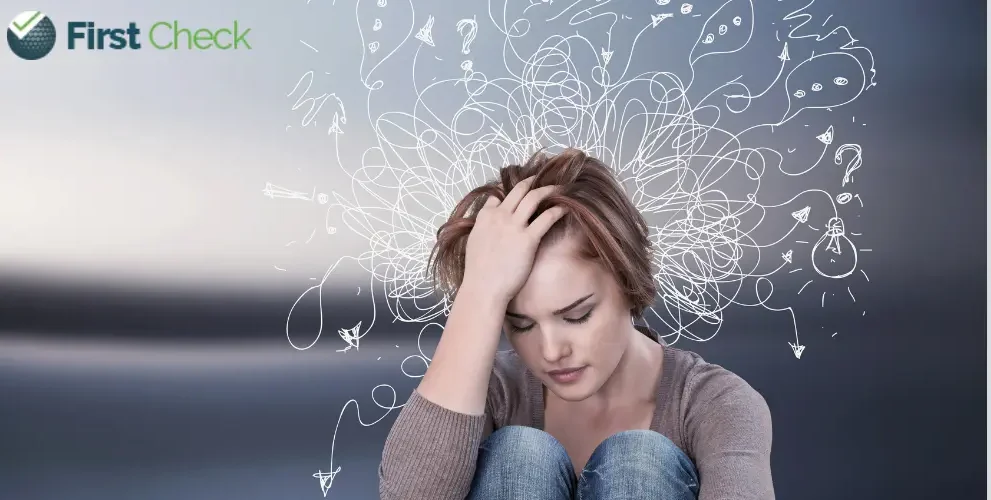
With over 150 million Indians requiring mental health care services, yet only around 30 million seeking help, there’s an urgent need for education and awareness.
Mental health has always been a tricky issue. More so in less developed countries, such as India. Although the disease is like any other, it often isn’t recognised as one, and misinformation only worsens the situation.
With over 150 million Indians requiring mental health care services, yet only around 30 million seeking help, there’s an urgent need for education and awareness. One of the critical aspects of tackling this public health issue is addressing and dispelling misconceptions. Terms associated with mental health are often misused and misunderstood, contributing to the stigma surrounding the subject.
For example, casual use of terms such as “psychotic”, “crazy”, or “psychopath” perpetuates negative stereotypes and stigma. The terms, often thrown around without understanding their clinical implications, can harm individuals and discourage them from seeking timely support. It’s crucial to differentiate between clinical terms and everyday language to avoid further stigmatisation.
Mental health has, in recent years, become an endemic global malaise. But it isn’t getting adequate attention, as unlike diseases like COVID-19, which have visible physical manifestation, psychological afflictions can be harder to spot. When mental health issues are shrouded in part secrecy and part mystery, they generally go unnoticed, unless the symptoms acquire extreme manifestation.
In most Indian families, mental health issues are generally brushed off and hardly deemed worth seeing a doctor. The problem is lack of easy access to credible mental health information. Misinformation takes over later and ensures genuine help doesn’t reach the victim. Moreover, social media platforms can sometimes exacerbate the issue by spreading misleading information. Mental health influencers and viral posts may not always align with clinical guidelines, leading to confusion and misinformation.
Addressing the malaise thus primarily requires investment in generating public awareness about the importance of mental health. We need more people to talk about mental health issues, especially people in positions of influence afflicted with these ailments. For example, in India, actor Deepika Padukone has been vocal about her battle with depression and this has helped draw public attention towards the condition. Her not-for-profit organisation, The Live Love Laugh Foundation, has played a key role in helping people, including the oft-neglected rural communities, prioritise their mental health.
We need more celebrities to come forward and take the conversation forward. This is critical at a time when technological takeover of our work and family life has bred loneliness, for the professionals as well as the elderly. Even children are losing their childhood. The good old world of senses is increasingly giving way to a virtual existence. The consequent disruption is taking a massive psychological toll, triggering a silent pandemic, which the world is still far from coming to grips with.
Read More : Ultra-processed foods impact physical & mental health: Study
